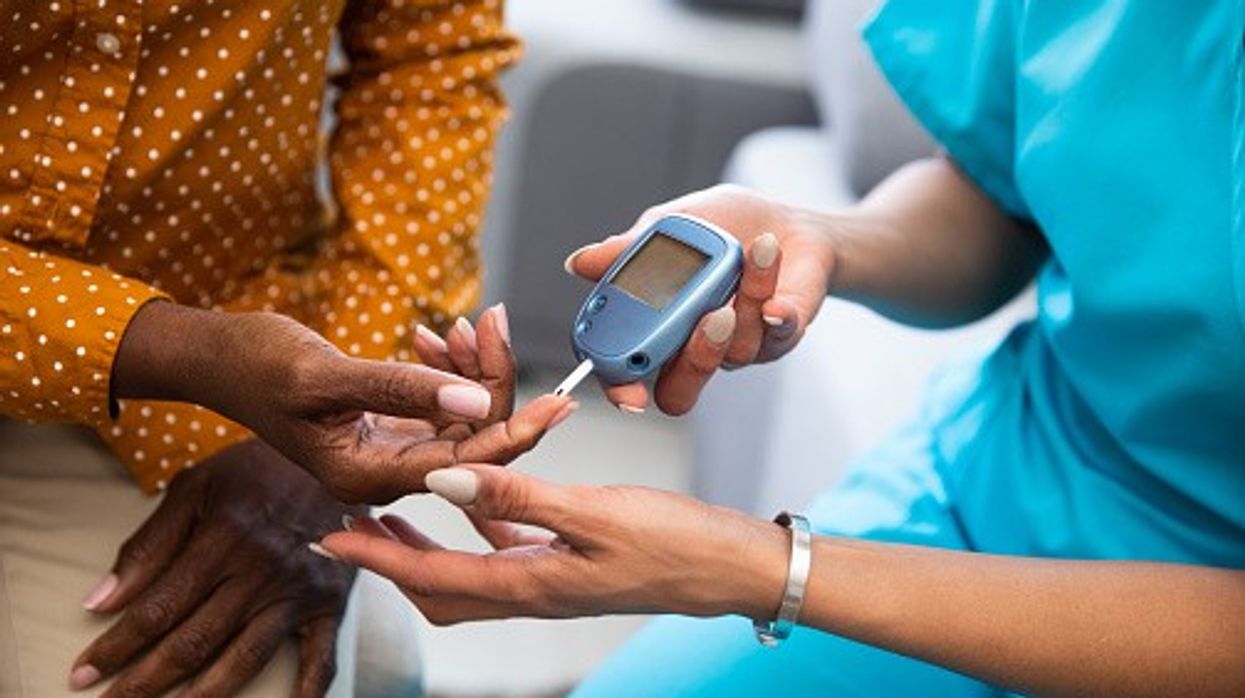Diabetes screening in community pharmacies could identify 45,000 undiagnosed cases of diabetes each year in England
A new report from the Company Chemists’ Association (CCA) is calling on NHS England to commission a community pharmacy-based national Type 2 diabetes screening service, which could save the NHS £50m each year.
The CCA report, titled ‘Increasing Access to Diabetes Screening and Prevention Through Community Pharmacy’, highlights the urgent need for a national patient pathway for diabetes detection and management.
It outlines how NHS-commissioned diabetes screening in community pharmacies across England could deliver numerous health benefits each year, including:
- Screening 1.5 million adults and identifying 180,000 prediabetics;
- Detecting 45,000 undiagnosed cases of diabetes and preventing them from developing serious complications
- Preventing nearly 7,000 heart attacks and strokes, and thus improving patients’ quality of life
- Avoiding severe sight loss in around 15,000 people over their lifetime
- Saving the NHS £50 million annually by reducing diabetes-related costs.
Type 2 diabetes and its complications are currently estimated to account for 10 per cent of the NHS annual budget, and this figure is projected to rise to 17 per cent by 2035/36.
In addition to its impact on healthcare, diabetes places a significant economic burden on society, with productivity losses and diabetes-related disabilities costing the UK over £20 billion each year.
Malcolm Harrison, CEO of the CCA, stated: “With the burden of Type 2 diabetes set to grow significantly, commissioning pharmacies to deliver a national diabetes screening service makes sense for patients, the NHS, and the UK economy.”
With around four million people diagnosed with diabetes across the UK and an additional two million at high risk, the report emphasises that community pharmacies are ideally positioned to help alleviate the strain on GP services.
Long waiting times for GP appointments and the need for patients to travel significant distances for care are major barriers to early detection, particularly in deprived areas.
The CCA estimates that 25 million GP appointments annually are dedicated to managing Type 2 diabetes, equivalent to a month’s worth of appointments.
The CCA is now urging NHS England to take three key actions:
- Commission a national diabetes screening service in community pharmacies.
- Improve IT communication between pharmacies and GP surgeries to streamline test result sharing.
- Develop patient pathways for newly diagnosed diabetics to access treatment through community pharmacies.
Data released by the National Diabetes Audit on June 12 indicated that the number of people in England identified as at risk for type 2 diabetes mellitus has increased by over half a million within a year.
It showed that 3.6 million people registered with a GP have non-diabetic hyperglycaemia (also known as pre-diabetes) in 2023, compared with 3.1 million people in 2022 — a notable 18 per cent increase or nearly 550,000 people.













